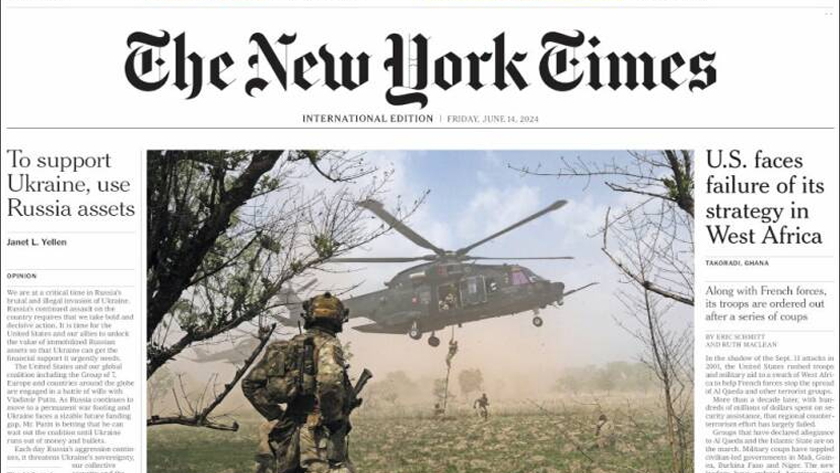In the wake of a series of political upheavals in Mali, Burkina Faso, and Niger which culminated in the ushering out of French military presence, the American armed forces run the potential risk of being the subsequent strategic fallout amidst the onslaught of coups and vigorous insurrections infesting a wide breadth of the African continent.
This rapidly changing and delicate geopolitical landscape, reminiscent of tumultuous eras in African history such as the turbulent post-colonial revolts of the 1960s, underscores a concerning pattern of instability that threatens established military and diplomatic strategies. Drawing parallels with the epochal political shake-ups of the 20th century, the African continent once again finds itself at the ebbing tide of a power shift, with existing plays at Army presence being undermined by rising political volatility.
In a devastating echo of the Paris-Dakar rail line incident of 1994, during which a flagship infrastructure project faltered as a result of deep-seated political unrest, foreign military operations run the risk of being derailed amidst the emergent political climate in the region. From Mali to Niger, democratic tenets are being shoved aside as a new generation of African leaders grapple for control, upsetting the established order, and potentially ousting foreign military presence.
Invoking the precedent of Operation Serval, France’s military intervention in Mali in 2013 to quell an escalating extremist insurgency, the United States indeed faces the daunting prospect of its military footprint being similarly erased by a wave of ingrown political upheavals.
As history unfolds anew, the wheel of fortune is poised for another turn. Whether the United States risks suffering the same fate as the French military or adopts a fresh strategy to safeguard its interests in the face of predominate political turbulence remains to be seen. The chessboard is set, and the outcome of this geopolitical game may signal a new chapter in the narrative of the African continent.
